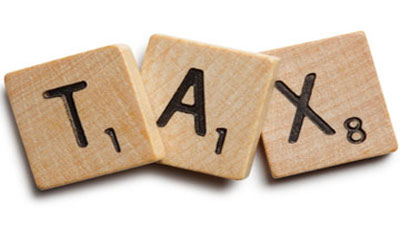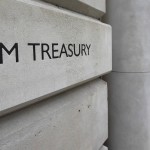Australia: Multinationals face tax avoidance crackdown

The Abbott government will legislate to crack down on tax avoidance by 30 multinational companies, with planned penalties for diverted profits that “will go further” than action taken by the United Kingdom.
Announcing measures to be taken in tomorrow’s budget, Treasurer Joe Hockey also said the GST will be applied to digital services such as Netflix.
Mr Hockey said the two tax “integrity” measures were expected to deliver billions in additional revenue and level the playing field for businesses operating solely in Australia.
A multinational tax avoidance law will be introduced from January next year to crack down on 30 identified companies that divert profits gained in Australia to overseas tax havens through “contrived or artificial tax arrangements”.
Companies that fail to pay tax on their Australian profits could be forced to pay back double what is owed, plus interest.
Mr Hockey said the multinational tax avoidance law would be “the first of its kind in the world”, with penalties that go “much further” than Britain’s 25 per cent diverted profits tax.
Rather than attempting to replicate the UK’s diverted profits crackdown, Australia would strengthen anti-avoidance laws to ensure the tax office had the power to see through opaque tax schemes.
Mr Hockey refused to name the 30 companies, or estimate how much money would be raised by the measure.
“I am not going to make the same mistake that Labor made and bank money that is not identifiable and bank money that comes from, in their case, fake integrity measures,” he said.
Mr Hockey said the Australian Taxation Office had been embedded in the 30 multinationals and the government now had an understanding of how they operated.
He expected the hefty penalties would provide a strong incentive for companies to restructure and straighten out their tax arrangements.
Mr Hockey’s announcement follows an investigation by a Senate committee into tax avoidance and the use by major companies of Singapore marketing hubs.
BHP Billiton and Rio Tinto revealed to the inquiry last month that they were being audited by the ATO over the activities of their Singapore hubs.
Rio told the committee it pays a 5 per cent tax rate on its Singapore operations.
BHP also revealed to the inquiry that between 2006 and 2014 its Singapore marketing business earned profits of $5.7 billion, on which it paid just $121,000 in tax in Singapore.
Labor, which has campaigned strongly for cracking down on multinational tax avoidance, promised to consider the details of both proposals.
Opposition assistant treasury spokesman Andrew Leigh said it was “frankly bizarre” that Mr Hockey would not estimate the amount of tax that would be raised by the multinational tax avoidance law.
“You can bet that if Joe Hockey were announcing measures that hurt poor people, he’d know how much they added to the budget bottom line down to the last cent,” Dr Leigh said.
“Yet again we’re seeing the Treasurer utterly adrift from his portfolio, turning out because he wants to be seen rather than because he’s got something to say.”
He offered “in principle” support for extending the GST to digital products.
The GST measure announced by the Treasurer will require companies selling digital products in Australia — such as Google, Apple and Netflix — to collect a 10 per cent GST.
“The revenue from this initiative is expected to be $350 million over the next four years, every dollar of which will go to the states,” Mr Hockey said.
Mr Hockey said the government considered levying a GST on all goods and services coming into the country, but “the logistics of actually looking at individual parcels, assessing what the GST liability would be and so on was proving to be unbelievably expensive”.
Instead the government would direct specific companies to apply a GST to products they sell in Australia. He claimed the companies were “agreeable” to the plan.
Source: TheAustralian – Multinationals face tax avoidance crackdown





























